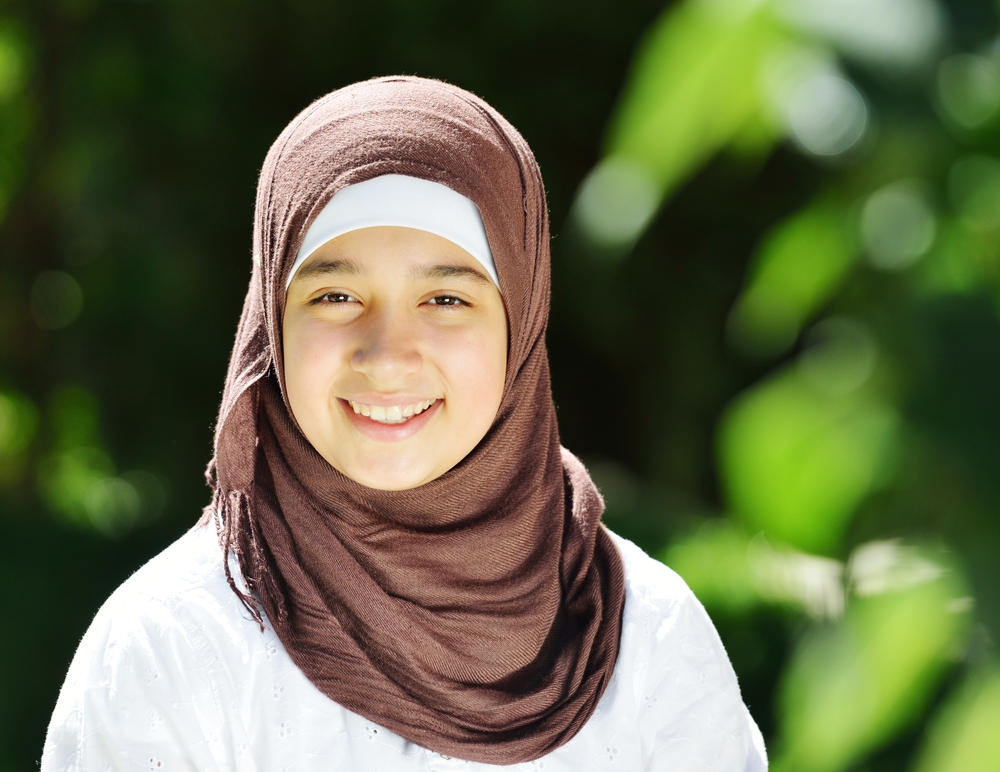Sports
Qatar women’s basketball team forfeits Asian Games match after hijab disallowed
INCHEON, South Korea—Qatari basketballers forfeited a women’s match against Mongolia on Wednesday and are considering withdrawing from the Asian Games competition after being refused permission to wear a hijab.
Confusion over the implementation of recently relaxed guidelines outlined by the sport’s international governing body, aimed at making the game more inclusive, could be the cause of the problem in Incheon.
“The Qatari players … refused to take off the hijab,” Asian Games Organizing Committee spokeswoman Anna Jihyun You told The Associated Press. Ten minutes after the scheduled start, “At 4:25 p.m. local time, the match was declared forfeited and awarded to Mongolia.”
The Qatari contingent was surprised by the decision, with its chef-de-mission Khalil al-Jabir saying the team “was not likely to play” basketball in these Asian Games if the players are not allowed to wear the hijab.
“We were expecting our players to play with the hijab, that’s why we came here,” he said. “Nobody told us that it will not be allowed and we are still waiting for clarifications.”
Qatar is scheduled to play Nepal on Thursday, leaving little time for a compromise unless FIBA, basketball’s international governing body, intervenes.
You said match officials working Wednesday’s game did not receive any instructions from FIBA to allow head coverings, and were only following the rules which restrict the use of headgear, hair accessories, and jewelry. Such restrictions were initially designed for the safety of players, but have recently been challenged on cultural and religious grounds.
“The organizing committee is not involved in the rules, and the match officials did not have any directions from world body FIBA regarding the same,” You said.
The rules of each sport at the Asian Games are governed by their respective international federations, and many allow head coverings for certain athletes during competition, including badminton, shooting, track and field and football.
A Qatar sports official and activist, identified by the Asian Games News Service as Ahlam Salem M. Al-Mana, said the decision to forfeit Wednesday’s game should serve as a message to the game’s worldgoverning body.
“We have to take this stand,” she was quoted as saying by the AGNS.
“Let the international association accept us. We are here to push the international association that all Muslim teams are ready to compete in any competition. We knew about the hijab ban, but we have to be here.
“We have to show everyone that we are ready to play, but the international association is not ready. Because the rules of the international association, they cannot participate. In football, handball, and martial arts competitions, women can wear hijab but not in basketball.”
Regulations about head coverings in basketball came into focus this year when two male Sikh players from India were told to remove their turbans during the Asia Cup in July in China.
Earlier this month, FIBA said it was launching a two-year trial phase allowing some players to wear head coverings.
However, the Mies, Switzerland-based organization issued a clarifying statement saying: “Please note the Central Board decision allows exceptions to be applied only at the national level and the Asian Games is an international event.”
To get an exemption for domestic tournaments, national federations must petition FIBA to allow players to play with their heads covered, plus submit follow-up reports twice a year.
FIBA’s governing body will evaluate the rule again next year, and determine whether to allow head covers at some level of international competition from next summer.
A full review in 2016 will decide if it will become a permanent rule change after the 2016 Olympics.






















